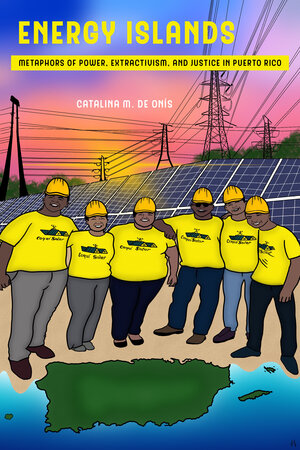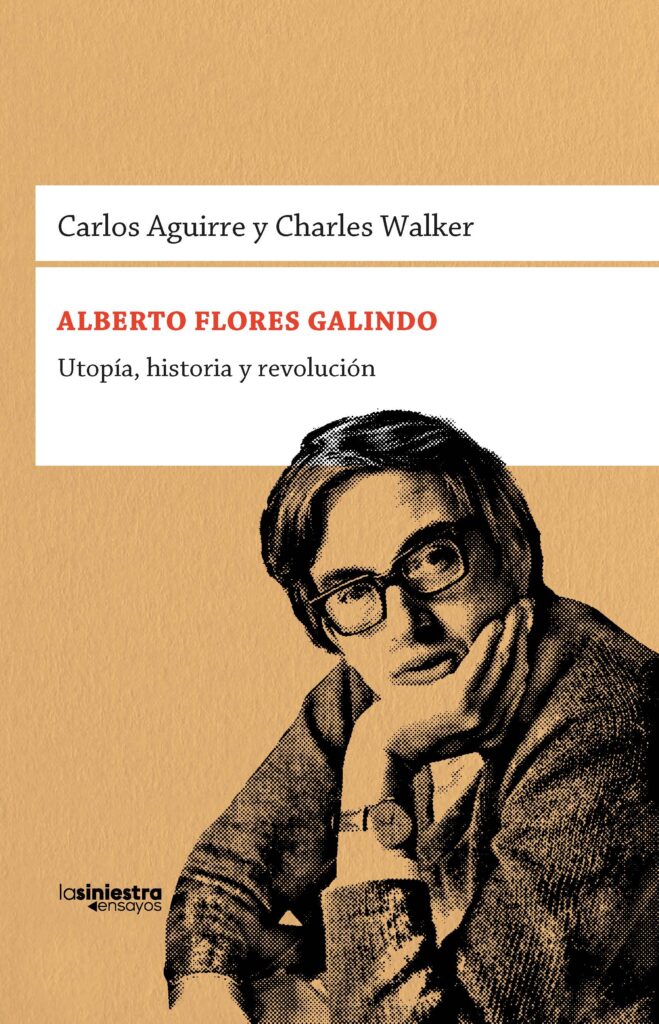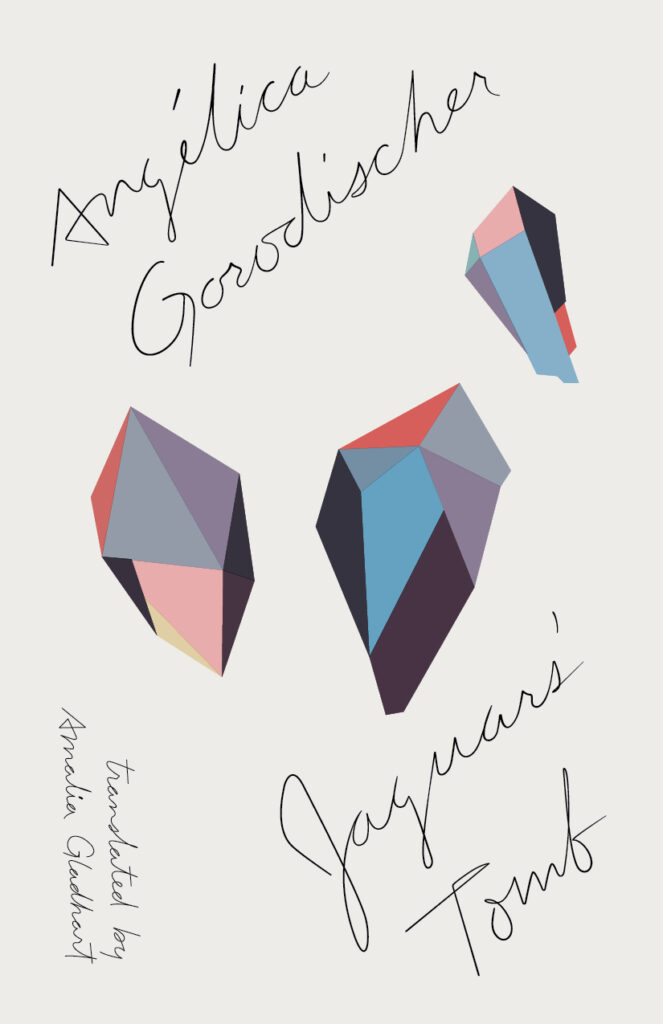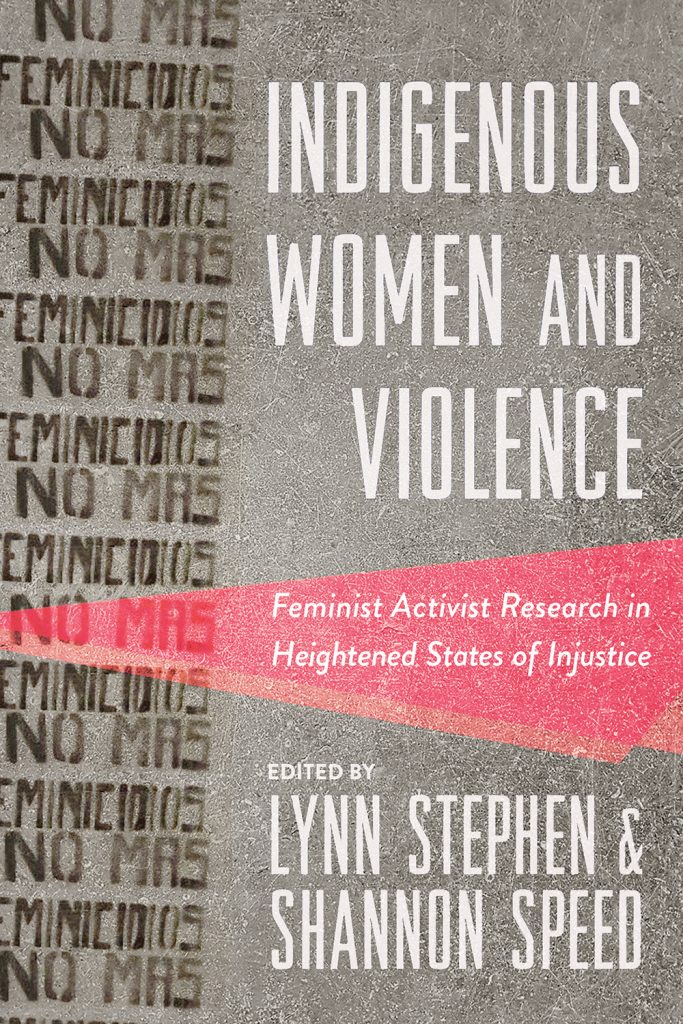
Catalina M. de Onís, Professor, Latinx Studies. Energy Islands: Metaphors of Power, Extractivism, and Justice in Puerto Rico (University of California Press).
Energy Islands provides an urgent and nuanced portrait of collective action that resists racial capitalism, colonialism, and climate disruption. Weaving together historical and ethnographic research, this story challenges the master narratives of Puerto Rico as a tourist destination and site of “natural” disasters to demonstrate how fossil fuel economies are inextricably entwined with colonial practices and how local community groups in Puerto Rico have struggled against energy coloniality to mobilize and transform power from the ground up. Catalina M. de Onís documents how these groups work to decenter continental contexts and deconstruct damaging hierarchies that devalue and exploit rural coastal communities. She highlights and collaborates with individuals who refuse the cruel logics of empire by imagining and implementing energy justice and other interconnected radical power transformations. Diving deeply into energy, islands, and power, this book engages various metaphors for alternative world-making.

Carlos Aguirre, Professor, Department of History. Alberto Flores Galindo. Utopía, historia y revolución (Lima, La Siniestra Ensayos, 2020), coauthored with Charles Walker, University of California, Davis. The book addresses different aspects of the work and life of the late Marxist Peruvian historian Alberto Flores Galindo (1949-1990), including his role as a public intellectual, his views about Peruvian independence, his interpretations of political violence in the 1980s, his relationship with the Cuban revolution, and the way in which his passion for literature infused his work as a historian.

Amalia Gladhart, Professor of Spanish, Dept. of Romance Languages: Her translation of Jaguars’ Tomb, a novel by Argentine writer Angélica Gorodischer, was published in Feb. 2021 by Vanderbilt UP. Abstract: Jaguars’ Tomb is a novel in three parts, written by three interconnected characters. Each of the three parts revolves around the octagonal room that is alternately the jaguars’ tomb, the central space of the torture center, and the heart of an abandoned house that hides an adulterous affair. The novel is both an intriguing puzzle and a meditation on how to write about, or through, violence, injustice and loss. Among Gorodischer’s many novels, Jaguars’ Tomb most directly addresses the abductions and disappearances that occurred under the Argentine military dictatorship of 1976–83.

Michelle McKinley, Bernard B. Kliks Professor of Law at the University of Oregon Law School. Her award-winning book Fractional Freedoms has been translated into Spanish. The citation is Libertades Fraccionadas: esclavitud, intimidad y movilización jurídica en la Lima colonial, 1600-1700. Valencia: Editorial Tirant lo blanch, 2021. Fractional Freedoms explores how thousands of slaves in colonial Peru were able to secure their freedom, keep their families intact, negotiate lower self-purchase prices, and arrange transfers of ownership by filing legal claims. Through extensive archival research, Michelle A. McKinley excavates the experiences of enslaved women whose historical footprint is barely visible in the official record.

Lynn Stephen, Phillip H. Knight Chair, Distinguished Professor of Arts and Sciences Department of Anthropology. Indigenous Women and Violence: Feminist Activist Research in Heightened States of Injustice. Lynn Stephen (Editor), Shannon Speed (Editor). Indigenous Women and Violence offers an intimate view of how settler colonialism and other structural forms of power and inequality created accumulated violences in the lives of Indigenous women. This volume uncovers how these Indigenous women resist violence in Mexico, Central America, and the United States, centering on the topics of femicide, immigration, human rights violations, the criminal justice system, and Indigenous justice. Taking on the issues of our times, Indigenous Women and Violence calls for the deepening of collaborative ethnographies through community engagement and performing research as an embodied experience. This book brings together settler colonialism, feminist ethnography, collaborative and activist ethnography, emotional communities, and standpoint research to look at the links between structural, extreme, and everyday violences across time and space.
